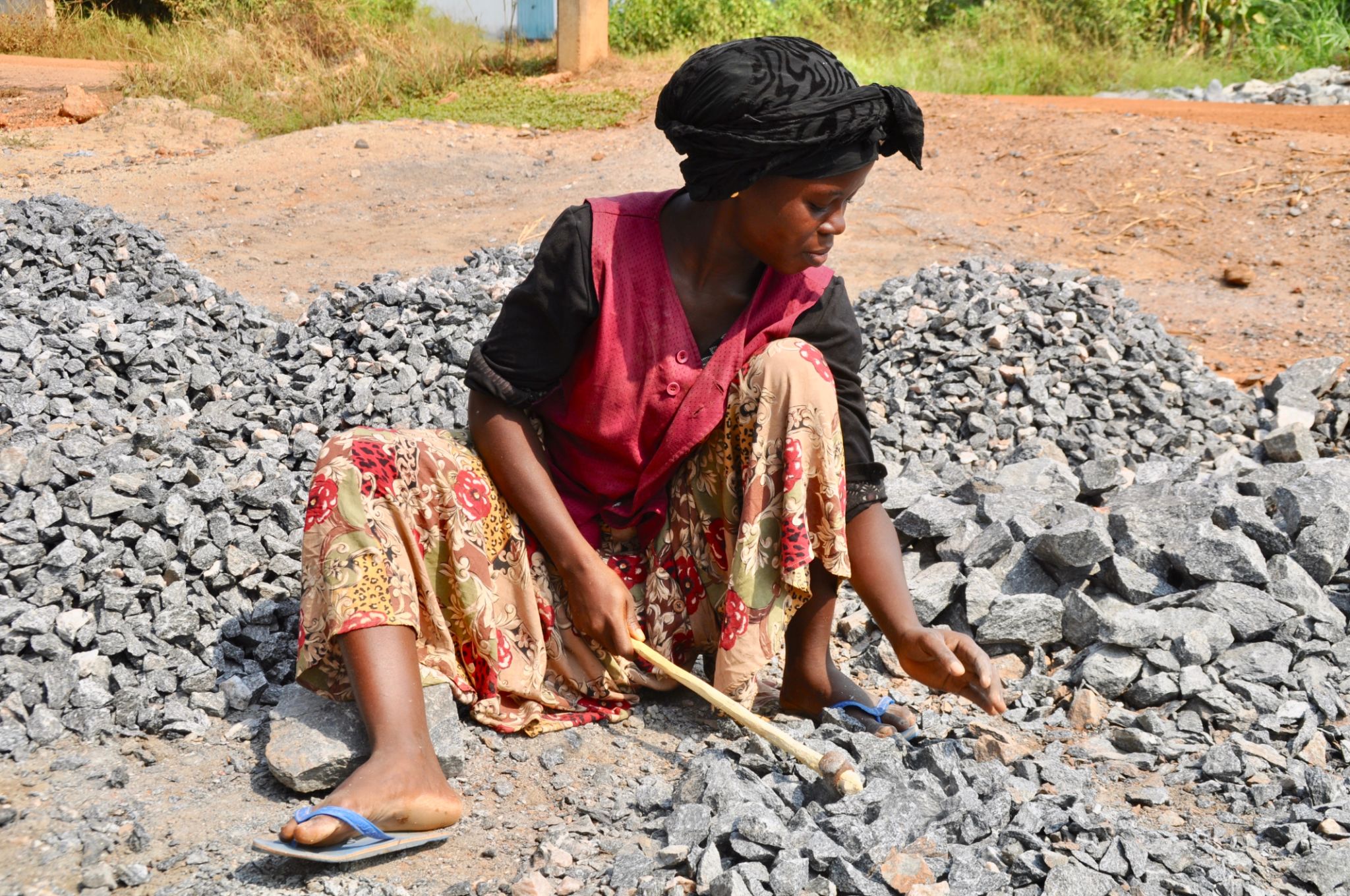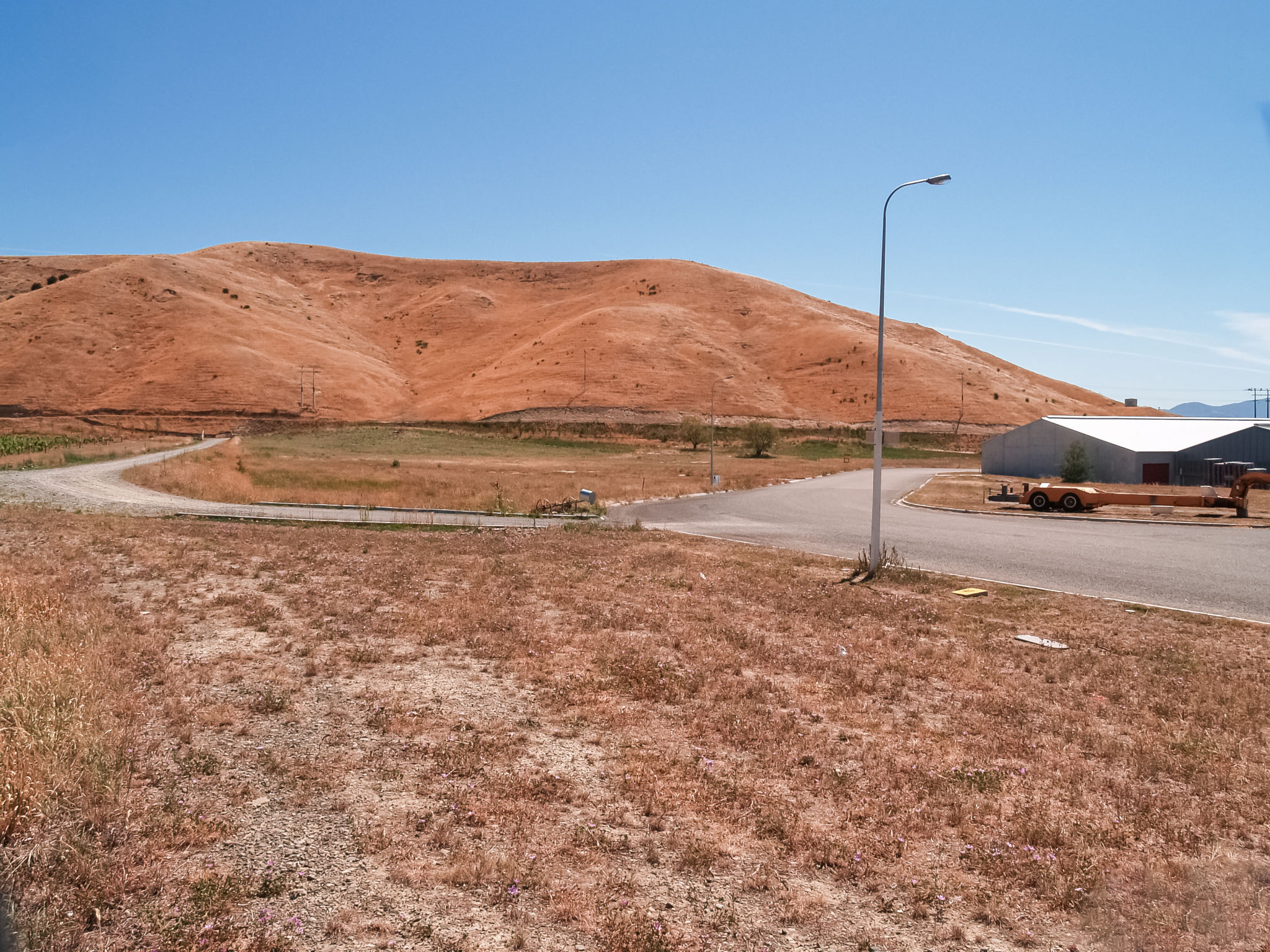The Role of Weather in Road Construction Projects Across Ghana
The Impact of Weather on Road Construction
Weather plays a crucial role in road construction projects across Ghana. The country's diverse climate—from tropical savannahs to humid zones—affects how construction projects are planned, executed, and maintained. Understanding these weather patterns is essential for efficient project management and successful road infrastructure development.
In Ghana, the year is typically divided into two main seasons: the rainy season and the dry season. Each of these seasons presents unique challenges and opportunities for road construction. While the dry season offers ideal conditions for construction activities, the rainy season requires careful planning to avoid delays and ensure the safety of workers.

Challenges During the Rainy Season
The rainy season in Ghana, which usually spans from May to October, can pose significant challenges for road construction projects. Heavy rains can lead to waterlogged sites, making it difficult for machinery to operate efficiently. Additionally, rain can wash away unfinished work, leading to delays and increased costs.
Contractors often need to implement measures such as drainage systems to prevent flooding on construction sites. These systems help manage water flow and minimize disruptions caused by heavy downpours. Furthermore, the quality of construction materials can be compromised if exposed to excessive moisture, requiring additional precautions to protect materials during storage and usage.

Optimizing Construction During the Dry Season
The dry season offers more favorable conditions for road construction in Ghana. Reduced rainfall allows for uninterrupted work schedules and facilitates the use of heavy machinery. This period is ideal for laying asphalt, as it requires dry conditions for proper curing and optimal results.
However, the dry season also presents challenges such as extreme temperatures and dust. High temperatures can affect the health and safety of workers, necessitating measures like regular hydration breaks and protective clothing. Dust control measures are also important to maintain air quality and visibility on construction sites.

Weather Forecasting and Planning
Effective weather forecasting is an invaluable tool for road construction projects in Ghana. By using meteorological data, contractors can plan their activities around weather patterns, minimizing risks and optimizing resource allocation. This proactive approach helps in scheduling earthworks, asphalt paving, and other weather-sensitive operations.
Project managers often rely on weather forecasts to make informed decisions about project timelines. Adjusting work schedules in anticipation of adverse weather conditions can help avoid costly delays and ensure that projects are completed on time and within budget.
Technological Advancements in Weather Management
In recent years, technological advancements have enhanced the ability of construction companies to manage weather-related challenges. The use of drones for site monitoring and weather sensors for real-time data collection allows for more precise planning and decision-making.
Additionally, mobile applications provide up-to-date weather forecasts directly to project managers, enabling them to adjust plans swiftly. These technologies enhance the resilience of road construction projects by allowing for rapid responses to changing weather conditions.

The Importance of Environmental Considerations
Considering environmental factors is essential when managing the impact of weather on road construction in Ghana. Sustainable practices such as erosion control, reforestation, and habitat preservation help mitigate the environmental impact of construction activities.
By integrating environmental considerations into project planning, construction companies can not only reduce their ecological footprint but also enhance their reputation among stakeholders committed to sustainable development.
Conclusion
The role of weather in road construction projects across Ghana cannot be underestimated. From planning through execution, understanding and adapting to weather conditions are critical to successful project outcomes. By leveraging technology and adopting sustainable practices, construction companies can mitigate weather-related challenges and contribute positively to Ghana's infrastructure development.
